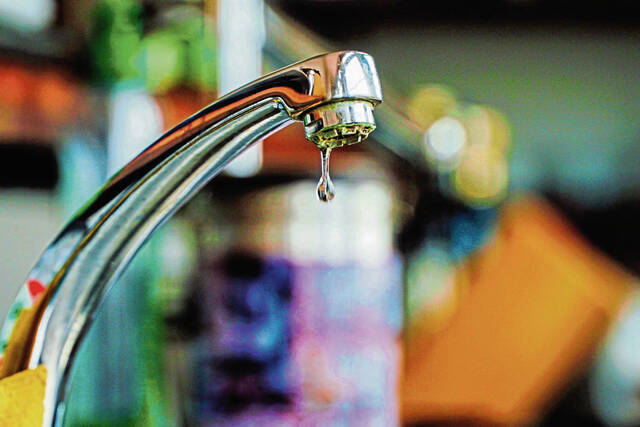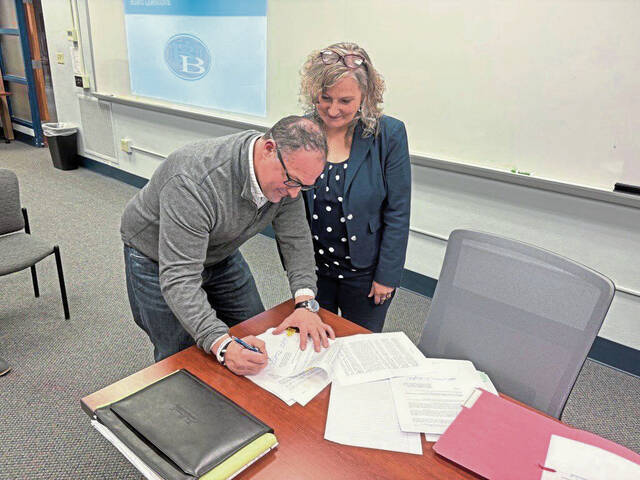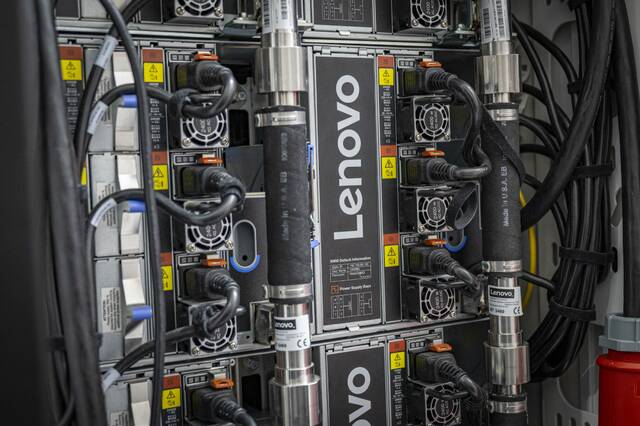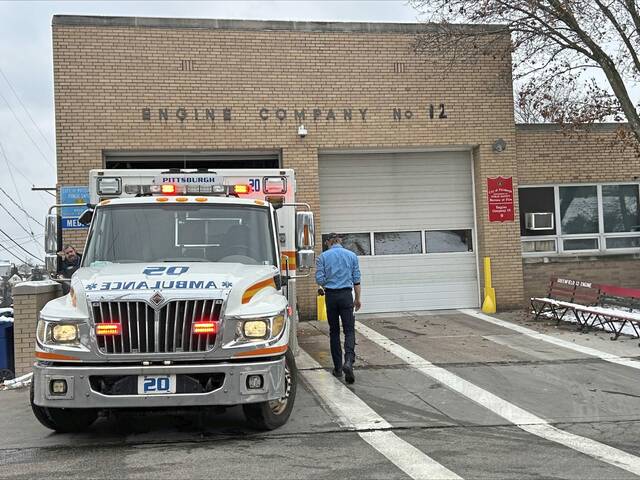A business of a certain size does more than just occupy a building and write some paychecks. Its needs and its returns can define a community.
There is no better proof of that than what happens when the business leaves.
Just ask Tarentum or East Deer.
In 2018, the Pittsburgh Glass Works stopped making auto glass at the Creighton plant. This was a blow to a community identity, as glass is part of the area’s DNA. Pittsburgh Plate Glass had started making glass at that location more than 135 years earlier, meaning no one in the Alle-Kiski Valley could remember when it wasn’t churning out a river of glass.
Because of that, smart civic planning meant figuring the needs of the employer into the needs of the community. East Deer residents and businesses are supplied with water from Tarentum Water Department, and Tarentum made sure it had the capability to supply Pittsburgh Glass Works, which depended on water as part of its production process.
That need dried up when the parent company, Mexican-based Vitro, closed the plant and reallocated the work. Now, four years later, Tarentum and East Deer still have no glass plant but are struggling with water bills. Tarentum recently raised rates for its own residents and now its East Deer neighbors, as the water treatment facility that pulled and treated enough water from the Allegheny River for all of them and a major business tries to keep chugging along.
“The decision to increase water rates was made to ensure that the water department is self-sustaining,” borough Manager Michael Nestico said in December when Tarentum’s rates went up 10%.
The rates have risen three times in 13 months, said East Deer commissioners Chairman Tony Taliani, who anticipates needing to raise residents’ rates “substantially.” Taliani understands why it is happening but said the township is exploring other options.
That’s the next domino in what could prove even worse for Tarentum — effectively halving the customer base and putting more of a burden on borough consumers.
It just points to a relationship that can never be assumed to be symbiotic. Linchpin businesses need to be respected for what they bring to the table but can’t be coddled because the power structure is never in balance. Pull out a linchpin, after all, and the wheels fall off the axle.
The glass plant is not staying empty. Pittsburgh Brewing Co. bought the location in 2019 and is converting it into a brewery, shipping and packing site and for related uses. Beer uses water, so one would assume the use would escalate and could take the pressure of the residents.
But leaders should be careful about relying on that release valve. It’s far too easy for a business to drink its fill from local services and then take off, leaving the locals to try to stay afloat.








